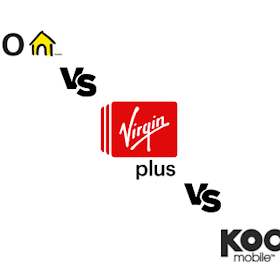
A recent report from Google’s Android Developers site shows promising news for the mobile platform – Android Jelly Bean (version 4.1+) is now on 48.6% of all Android devices.
Android 4.0 Ice Cream Sandwich (ICS) is still a bit stronger than Google may like with 20.6% and, definitely behind the times, a solid 28.5% of Androids are still running good old Android 2.3 Gingerbread.
Of course, with Jelly Bean being Androids 4.1, 4.2 and 4.3, cries of shenanigans are bound to surface. A more accurate representation would be:
- Android Jelly Bean 4.1: 36.5%
- Android Jelly Bean 4.2: 10.6%
- Android Jelly Bean 4.3: 1.5%
You might think this is Google fudging the numbers, but the three different versions of Android Jelly Bean (4.1, 4.2 and 4.3) are all very similar from the viewpoint of a developer, and that’s what really counts. Users may complain and moan that their device hasn’t updated to the latest OS just yet, but when you definitely want to keep the devs on your side.
Keep the devs happy
The main problem with OS fragmentation on any platform is that it makes things much harder for developers to make apps. If you’re building a game or app, you don’t want to have to make it compatible with multiple back-dated versions of the OS. Or, if it’s unavoidable, you want those versions to be as similar as possible from your perspective, so as to cut down on your workload, expenses and to allow your app to function more efficiently.
Since Android 4.0, this is exactly what Google has endeavored to do. ICS was the first in a long line of similarly-designed OS updates designed to make working with Android more appealing.
There’s little Google can do to help the poor devices still stuck back on Gingerbread 2.3, but with 48.6% of the Android install base onJelly Bean, the situation is vastly improved over how things were a few years back. Add to that the 20.6% on ICS, a platform with many similarities to the later versions, and Google is finally keeping the larger slab of its users running OS versions capable of running the latest apps and games.
Tomorrow is another day
Google is expected to announce Android 4.4 KitKat tomorrow, or at least in the very near future. It’ll be interesting to see how the eventual rollout of Google’s next mobile OS update will affect these numbers.
We hope the next gen of KitKat Androids will be far enough removed from the old Gingerbread devices that we’ll start to see those old die-hards getting traded in for new models. Gingerbread was a fine mobile OS in its day, but it’s left a blemish on the Android ecosystem that can only start to heal once the older hardware is retired.
Considering that Gingerbread 2.3 was released in May 2010 and was superseded in November 2011 by 4.0 ICS, we should start seeing it disappear from the pie chart over the next year or so.
Hopefully its fall will coincide with the rise of 4.4 KitKat. Wouldn’t that be nice?
Related Articles
Find Better Phones and Plans
Hundreds of cell phone plans unpacked. All the facts. No surprises.





































